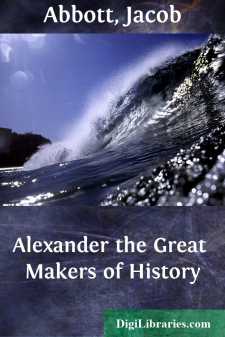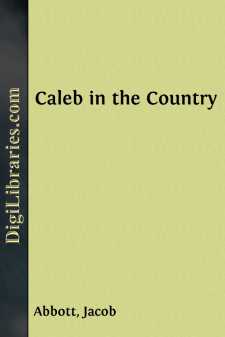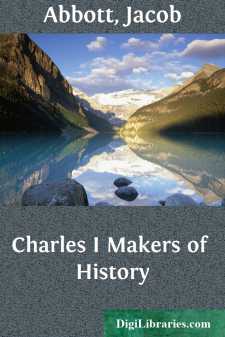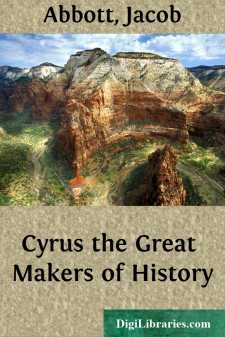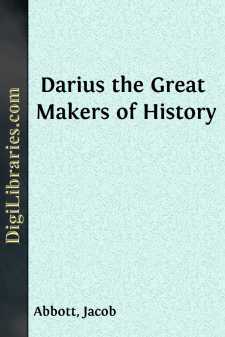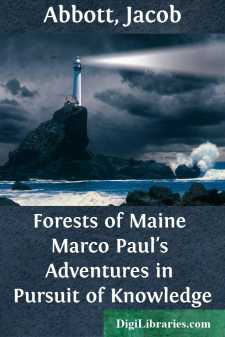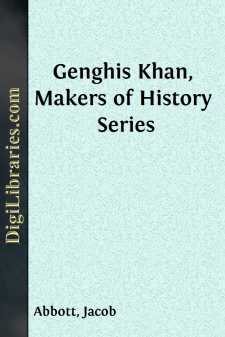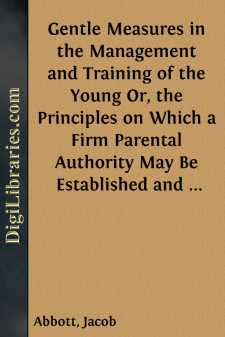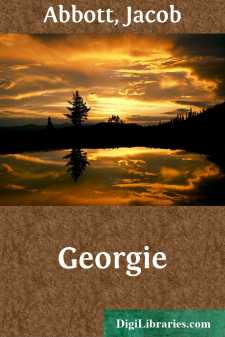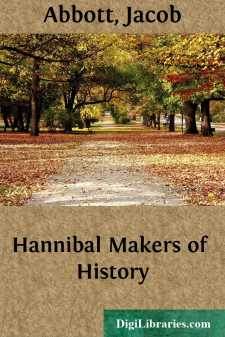Categories
- Antiques & Collectibles 13
- Architecture 36
- Art 48
- Bibles 22
- Biography & Autobiography 813
- Body, Mind & Spirit 142
- Business & Economics 28
- Children's Books 17
- Children's Fiction 14
- Computers 4
- Cooking 94
- Crafts & Hobbies 4
- Drama 346
- Education 46
- Family & Relationships 57
- Fiction 11829
- Games 19
- Gardening 17
- Health & Fitness 34
- History 1377
- House & Home 1
- Humor 147
- Juvenile Fiction 1873
- Juvenile Nonfiction 202
- Language Arts & Disciplines 88
- Law 16
- Literary Collections 686
- Literary Criticism 179
- Mathematics 13
- Medical 41
- Music 40
- Nature 179
- Non-Classifiable 1768
- Performing Arts 7
- Periodicals 1453
- Philosophy 64
- Photography 2
- Poetry 896
- Political Science 203
- Psychology 42
- Reference 154
- Religion 513
- Science 126
- Self-Help 84
- Social Science 81
- Sports & Recreation 34
- Study Aids 3
- Technology & Engineering 59
- Transportation 23
- Travel 463
- True Crime 29
Jacob Abbott
Jacob Abbott was a prolific 19th-century American author known for his numerous works of juvenile fiction, biographies, and religious texts. Born on November 14, 1803, in Hallowell, Maine, Abbott's most famous series includes the "Rollo Books," which educated and entertained children with moral lessons and adventures. In addition to his writing, Abbott was an influential educator and founded the Mount Vernon School for Young Ladies in Boston.
Author's Books:
Sort by:
by:
Jacob Abbott
His Childhood and Youth. B.C. 356-336The briefness of Alexander's career.Alexander the Great died when he was quite young. He was but thirty-two years of age when he ended his career, and as he was about twenty when he commenced it, it was only for a period of twelve years that he was actually engaged in performing the work of his life. Napoleon was nearly three times as long on the great field of...
more...
by:
Jacob Abbott
CALEB'S DISCOVERY. Caleb was a bright-looking, blue-eyed boy, with auburn hair and happy countenance. And yet he was rather pale and slender. He had been sick. His father and mother lived in Boston, but now he was spending the summer at Sandy River country, with his grandmother. His father thought that if he could run about a few months in the open air, and play among the rocks and under the...
more...
by:
Jacob Abbott
Chapter I. 1600-1622Born in Scotland.King Charles the First was born in Scotland. It may perhaps surprise the reader that an English king should be born in Scotland. The explanation is this:The circumstance explained.They who have read the history of Mary Queen of Scots, will remember that it was the great end and aim of her life to unite the crowns of England and Scotland in her own family. Queen...
more...
by:
Jacob Abbott
Herodotus and Xenophon. B.C. 550-401The Persian monarchy.Singular principle of human nature.Cyrus was the founder of the ancient Persian empire—a monarchy, perhaps, the most wealthy and magnificent which the world has ever seen. Of that strange and incomprehensible principle of human nature, under the influence of which vast masses of men, notwithstanding the universal instinct of aversion to...
more...
by:
Jacob Abbott
Cambyses. B.C. 530-524Cyrus the Great.About five or six hundred years before Christ, almost the whole of the interior of Asia was united in one vast empire. The founder of this empire was Cyrus the Great. He was originally a Persian; and the whole empire is often called the Persian monarchy, taking its name from its founder's native land.His extended conquests.Cyrus was not contented with having...
more...
by:
Jacob Abbott
CHAPTER I. THE MOUTH OF THE KENNEBEC. One summer, Forester and Marco Paul formed a plan for going to Quebec. Marco was very much interested in going to Quebec, as he wanted to see the fortifications. Forester had told him that Quebec was a strongly-fortified city, being a military post of great importance, belonging to the British government. Marco was very much pleased at the idea of seeing the...
more...
by:
Jacob Abbott
Chapter I.Four different modes of life enumerated.There are four several methods by which the various communities into which the human race is divided obtain their subsistence from the productions of the earth, each of which leads to its own peculiar system of social organization, distinct in its leading characteristics from those of all the rest. Each tends to its own peculiar form of government,...
more...
by:
Jacob Abbott
CHAPTER I. THE THREE MODES OF MANAGEMENT. It is not impossible that in the minds of some persons the idea of employing gentle measures in the management and training of children may seem to imply the abandonment of the principle of authority, as the basis of the parental government, and the substitution of some weak and inefficient system of artifice and manoeuvring in its place. To suppose that the...
more...
by:
Jacob Abbott
THE LITTLE LANDING. A short distance from where Rollo lives, there is a small, but very pleasant house, just under the hill, where you go down to the stone bridge leading over the brook. There is a noble large apple tree on one side of the house, which bears a beautiful, sweet, and mellow kind of apple, called golden pippins. A great many other trees and flowers are around the house, and in the little...
more...
by:
Jacob Abbott
Chapter I. B.C. 280-249Hannibal.Rome and Carthage.Hannibal was a Carthaginian general. He acquired his great distinction as a warrior by his desperate contests with the Romans. Rome and Carthage grew up together on opposite sides of the Mediterranean Sea. For about a hundred years they waged against each other most dreadful wars. There were three of these wars. Rome was successful in the end, and...
more...


